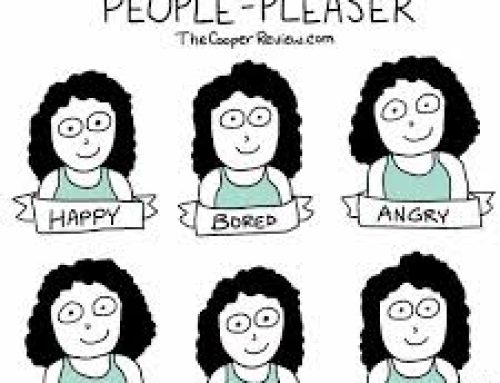The distinction between depression and grief may seem ambiguous. That’s because often the symptoms mirror each other. Symptoms such as:
- Lack of motivation
- Sadness
- Low energy
- Difficulty concentrating
- Hopelessness
- Irritability and anger
- Avoiding social situations
Some statements people make even sound similar: “I don’t want to go on” or “I just want to be with him (or her).”
However, an important distinction between depression and grief is the feeling of worthlessness. When someone is feeling depressed, they believe, “Something is wrong with me. I’m defective.” When someone is grieving, they believe, “Something is wrong with the world. Everything has changed.” Those beliefs can result in some similar thoughts, emotions and behaviors. But in reality, they are quite different.
Grief
It is not always easy to recognize loss. Life transitions, which may involve moving, job changes, divorce, marriage, relationship changes and even having a baby, involve loss. When we experience loss, we experience a measure of grief. The grief reflects the significance of the loss or relationship, and it is a unique experience for each individual.
Most people who experience loss and grief are able to heal with the aid of their family, friends, support groups or supportive grief counseling. In some instances, roughly 10%, the grief is complicated by unresolved feelings and dysfunction that is not easily processed without the guidance of a mental health professional.
A clue that you may have complicated grief is the feeling of being “stuck” – not experiencing a progression toward feeling better, even though a good amount of time has passed. A counselor can help you identify what is contributing to your prolonged bereavement or negative emotions and guide you toward effective treatment. For more resources regarding grief, click here .
Depression
When symptoms of sadness, low motivation, hopelessness, worthlessness and isolating behavior persist over time, the likelihood of depression increases. People who are clinically depressed may experience thoughts of self-doubt, shame and even suicide.
The roots of depression are varied. A thorough intake process by a mental health care professional, which may include history and background, screening tools and an interview, are necessary to pinpoint whether the symptoms reflect depression, grief or a combination of the two.
One screening tool often used in the mental health field to measure the severity of depression is the PhQ-9 scale . Results of this test aid in diagnosing a depressive disorder . However, each person is unique, and other factors may be contributing to your depressive symptoms. A counselor can offer professional guidance for treatment and a fresh perspective for a holistic approach to healing.
Similar Goals
While depression and grief may essentially be different, the goal of feeling better can look the same, “I just want to feel hopeful about my future.”
Hope is crucial to becoming a resilient person – someone who is able to bounce back from the challenges of life. Whether those challenges include loss, trauma or a chronic condition, you are capable of discovering hope and healing your soul.
Author: Margaret Albert, LCMHC



